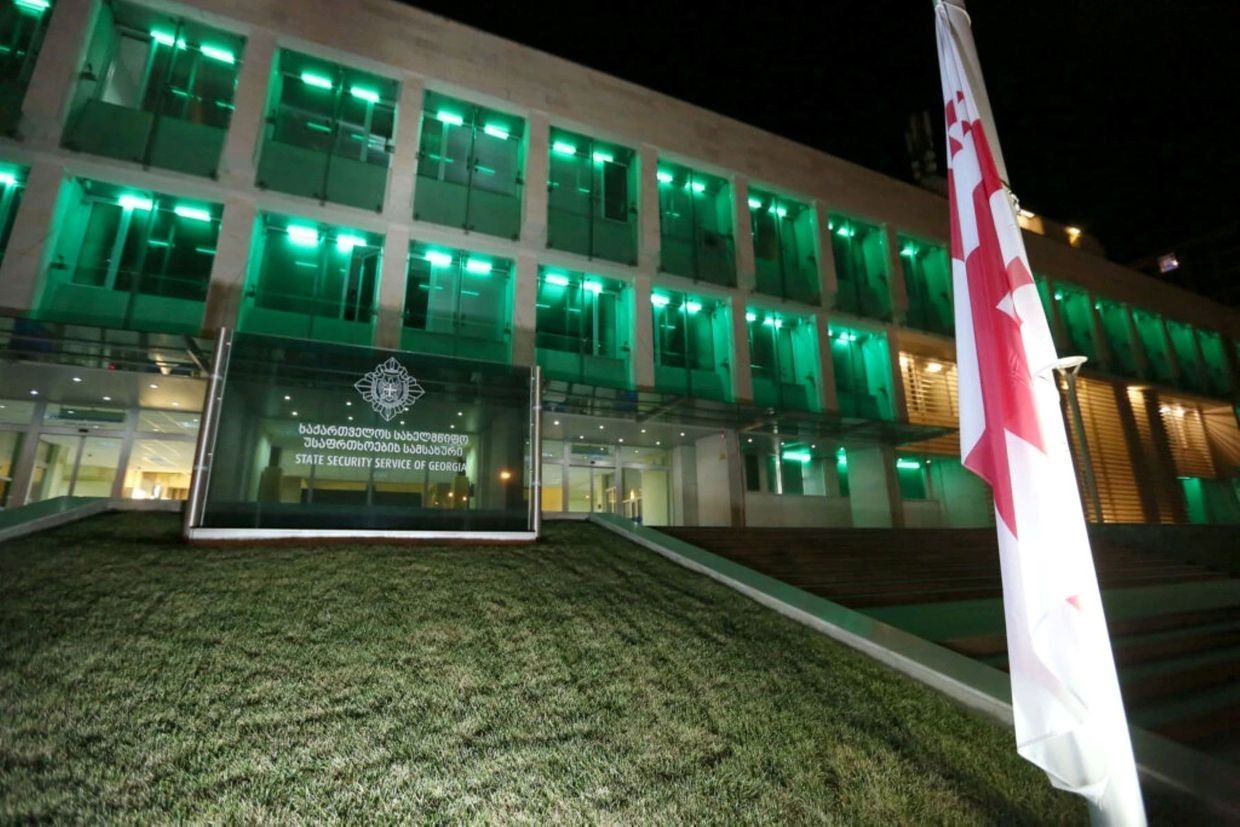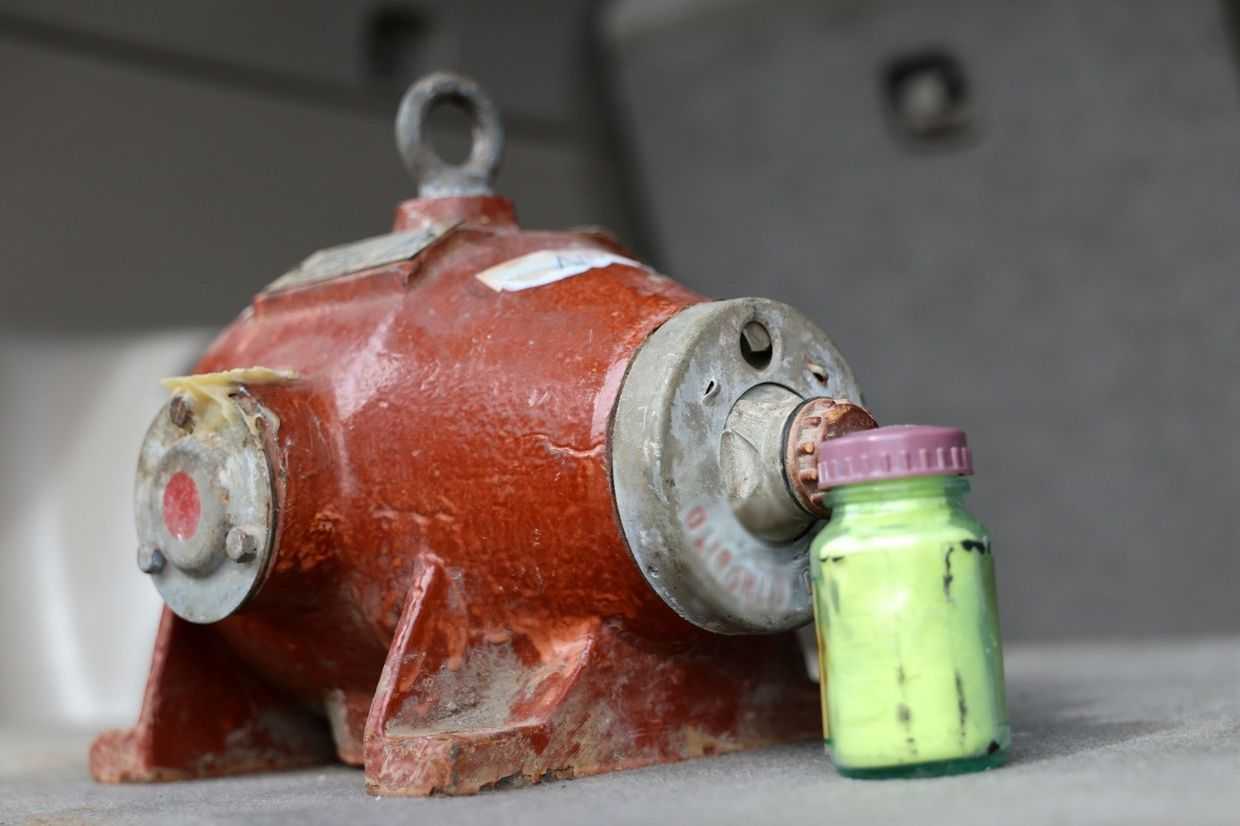
New legislative amendments pushed by the ruling Georgian Dream party would merge the Georgian Intelligence Service (GIS) with the State Security Service (SSG). The changes would also merge the Special Investigation Service (SIS), which is responsible for investigating abuses by officials, with the Prosecutor General’s Office.
The GIS was previously under the authority of the Prime Minister. However, under the legislative package that proposes amendments to 26 different laws, it will be restructured as a sub-agency of the SSG and will be named the National Intelligence Agency.
The bill proposing the merger of the GIS with the SSG was initiated by nine MPs from the ruling Georgian Dream party. According to the explanatory note on parliament’s website, the merger is justified by the claim that the functions and objectives of the GIS and SSG are ‘closely interconnected’.
‘It is advisable to bring these functions, objectives, and the entities responsible for their implementation under a common organisational and management framework, which will increase their effectiveness’, the note stated.
Meanwhile, on Monday, the opposition-aligned media outlet TV Formula reported that the Special Investigation Service (SIS) would also be merged with the Prosecutor General’s Office. Later, the SIS press office confirmed the information — including to OC Media — stating that further details would be made available once the legislative initiative is submitted to the parliament.
‘The initiative [...] will provide a detailed explanation of the need for the changes and the forms they will take’, the press office stated.
‘Special Non-investigation Service’
The SIS is responsible for investigating violent crimes and cases of ill-treatment committed by public officials, including police officers.
Its predecessor, the State Inspector’s Service, was established in 2019 but was split into two separate bodies in 2022 through legislative amendments — the Special Investigation Service and the Personal Data Protection Service.
The then-head of the Inspector’s Service, Londa Toloraia, described the dissolution as ‘punishment’ for the independence shown by her and her staff, indicating the office’s critical decisions toward state institutions, including the Interior Ministry.
Ensuring the effectiveness, institutional independence, and impartiality of both bodies created after the reform was one of the nine conditions the European Commission outlined in 2023 when granting Georgia EU candidate status.
However, critics have repeatedly complained that SIS was only formally independent and has failed to carry out its duties when it came to crimes allegedly committed by public officials — including attacks on journalists and obstruction of their work.
SIS head Karlo Katsitadze was one of those sanctioned by the UK in April ‘for their role in allowing serious human rights violations in response to legitimate protests in Georgia since 2024’.
Commenting on the decision to merge the SIS with the Prosecutor’s Office, TV Pirveli journalist Maka Chikhladze — who was attacked by masked men while covering anti-government protests in Tbilisi last December — said that for her, the SIS ‘had already been dismantled’, pointing to the agency’s ineffectiveness.
‘It’s been six months since the attack on me, and nothing has happened [...] It absolutely doesn’t matter under what umbrella Karlo Katsitadze will now be placed’, she said, adding that ‘how incompetent he was before, he will remain so even after the merger under the Prosecutor’s Office’.
Another journalist, Formula TV’s Guram Rogava — who was attacked by riot police while performing his professional duties at the beginning of the ongoing protests — sarcastically referred to the SIS as the ‘Special Non-investigation Service’, saying the agency had done nothing to investigate his case ‘except for collecting scrap paper’.
‘Whether it’s independent or merged with the Prosecutor General’s Office, its main function is to cover up crimes that expose this regime’, he added.
‘Serious threat to the national security’
The GIS, which will also be subordinated to the SSG through legislative amendments, has existed as an independent agency since 1997. In 2004, the agency was briefly subordinated to the then-existing Ministry of Security, but was later separated from it in early 2005.
Geocase, a Georgian think-tank founded by Viktor Kipiani, Georgian Dream founder Bidzina Ivanishvili’s former lawyer, called the merger an ‘alarming move’ that poses ‘serious threat to the country’s national security system and its institutional arrangement’.
Geocase stressed that, given Georgia’s political reality, in which critics have repeatedly raised concerns about the political use of the SSG by Georgian Dream, the GIS ‘will be politicised, which is absolutely in contradiction with the basic principles intelligence activity is based on’.
‘The power of the State Security Service will increase, and alternative views and diverse opinions necessary for the effective business process will be restricted’, Geocase stated, adding that this is a ‘deliberate attempt to weaken the institutional system, which collectively makes Georgia’s already fragile security system even more vulnerable’.









